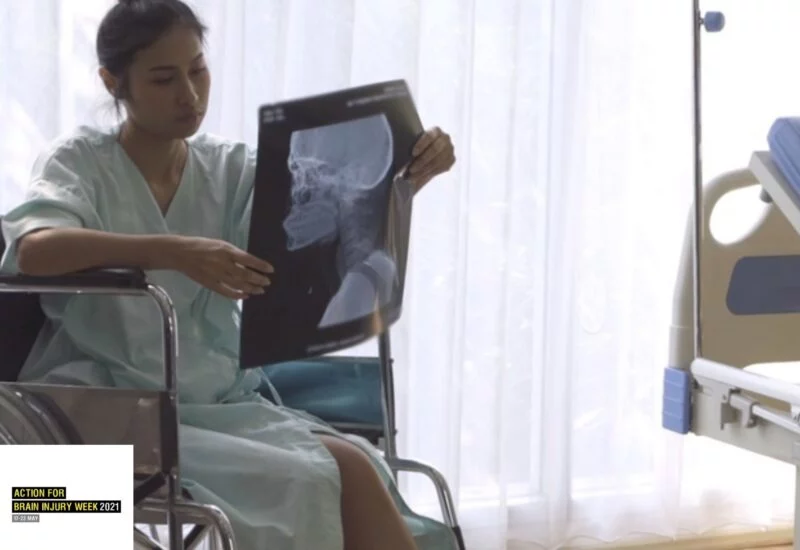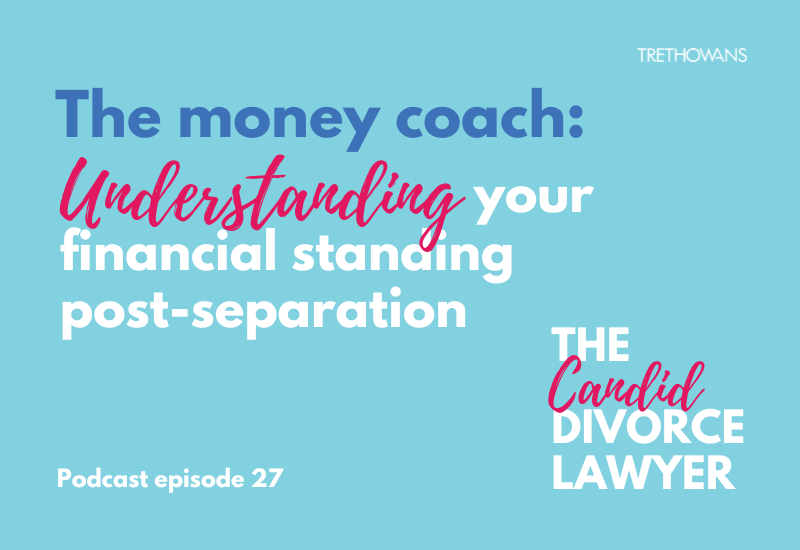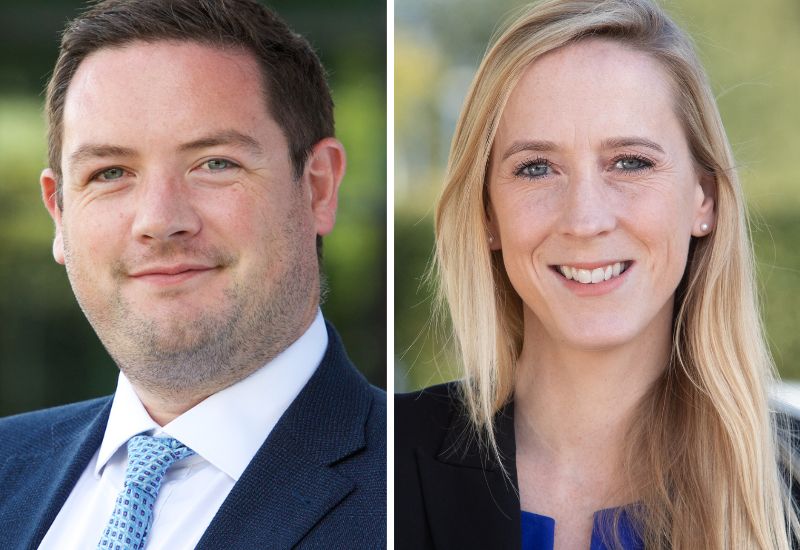- 21 May 2021
- •
- 2 min read
Liability issues in a brain injury case

A brain injury can permanently change a person’s life and legal action may be necessary in cases where another party has some responsibility for the injury.
To win a personal injury claim it is important that you are able to prove that the other party was at fault for your injury. Without it, there is nobody responsible for your accident, claim or compensation. In some cases, liability is clear and will be admitted by the other party. In other cases, liability can be questioned and may need to be proven. If this is the case, your solicitor will gather evidence and build a case to prove your accident was the other party’s fault. This could be medical treatment, photographs, witness statements or police reports. If liability continues to be denied, then it may be necessary to obtain expert evidence.
Memory is easily affected by brain injury and this can often make it even more difficult to prove another party is responsible for your injury. There are several structures within the brain that are involved in memory, and injury to any of these parts can impair memory performance.
In practice, nobody forgets absolutely everything so amnesia refers to a failure of some or part of the memory system(s).
People who suffer from amnesia are likely to:
- Show normal or near-normal immediate memory (i.e. they can repeat back a telephone number immediately)
- Have difficulty remembering things after a delay or distraction
- Have problems in learning new things
- Remember things that happened some time before their brain injury/illness better than they remember things that happened a short time before it
- Usually remember how to do things they were previously good at or had practised a great deal (e.g. playing the piano, swimming, driving a car)
To complicate matters, post-traumatic amnesia (PTA) can also occur and can be very distressing for family and friends. PTA may last for a few minutes, hours, days, weeks or even, in rare cases, months. Certain types of medication have been used to try to improve the condition, with varying degrees of success. Sadly, there is usually no way of knowing exactly how long it will last but the duration of PTA is often a good indicator of the severity of the brain injury and its likely long-term effects.
Trethowans fight to get the best results and have recently had success with dealing with a brain injury claim with liability issues:
Mr F was seriously injured when he was involved in a collision with another vehicle, whilst riding his motorcycle. Due to his brain injury, Mr F was unable to remember the accident itself and the facts of the accident were disputed by the other driver’s insurance company. Trethowans interviewed a number of police officers who attended the scene and investigated matters, as well as obtaining specialist expert evidence on the damage to the vehicles and from an accident reconstruction consultant. After entering into negotiations with the other side, Trethowans were able to settle the issue of fault 63.5% in Mr F’s favour.
If you wish to find out further information please call us on 0800 2800 421 or get in touch here.





